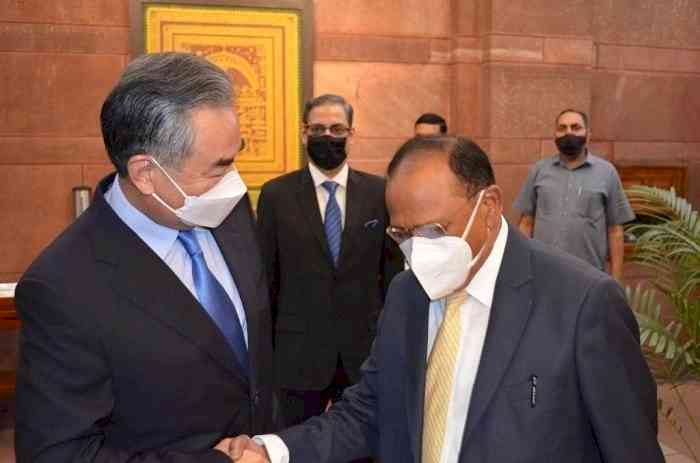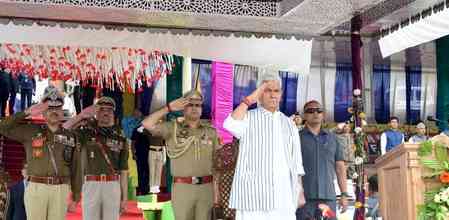NSA Doval's message to Wang Yi - Complete disengagement in Eastern Ladakh to normalise India-China ties

Atul Aneja
NEw Delhi, March 25: India on Monday has once again asserted that the border situation aggravated by Chinese incursion in April 2020 in eastern Ladakh cannot be decoupled from other forms of engagement between New Delhi and Beijing.
That the restoration of the status quo ante along the Line of Actual Control (LAC) was a precondition for the normalisation of the India-China relationship was unambiguously stated during talks between National Security Adviser, Ajit Doval and China's visiting Foreign Minister and state councillor, Wang Yi.
Sources told Indian Narrative that NSA Doval apprised Wang about the urgency of complete disengagement in remaining areas along the LAC. He also called for the removal of impediments to allow the bilateral relationship to take its natural course.
Doval added that the continuation of the present situation is not in the mutual interest of India and China. The restoration of peace and tranquillity will therefore help build mutual trust and create an enabling environment for relations to progress.
In order to work out details of disengagement, the NSA proposed the continuation of a positive military and diplomatic dialogue between the two countries. India and China have already held 15 rounds of military/diplomatic talks.
He also stressed that no action should be taken that violates the spirit of "equal and mutual security".
The formulation of "equal and mutual security" was first anchored in the 1993 Peace and Tranquillity Accord to highlight that troops from both sides must disengage from friction points and pull back to distances governed by factors such as terrain and quality of infrastructure on either side of the LAC. A mechanical formula of pullbacks to equal distances must not be adopted.
Wang invited the NSA to visit China for the next round of talks between the two Special Representatives to resolve the boundary issue between the two countries. Doval responded positively to the invitation but stated that he can visit only after immediate issues are resolved, once again spotlighting the centrality of restoring the status quo ante in Eastern Ladakh as the bottom line for rebooting ties and exploiting their full potential.
Analysts say that Wang's visit marking the first high level political interaction between the two countries after the border standoff can become a turning point in reviving stalled ties, provided Beijing pulls back its forces from eastern Ladakh to positions that existed prior to April 2020 hereafter.
(The content is being carried under an arrangement with indianarrative.com)


 IANS
IANS 










